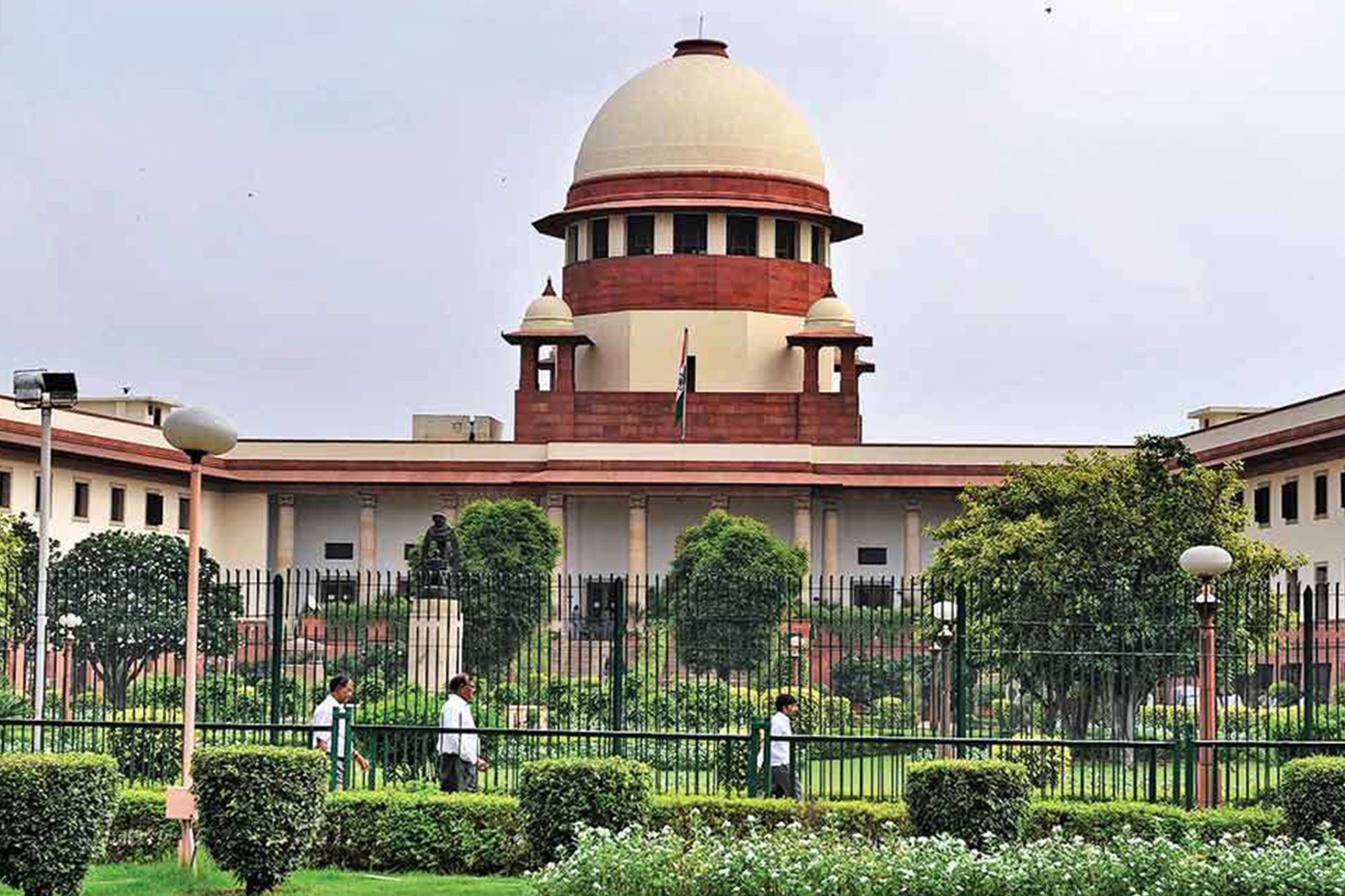The Supreme Court on Friday asked officials of the Finance Ministry and Reserve Bank of India to convene a joint meeting over the weekend to decide whether interest on the loan EMIs during the six month moratorium period till August 31 can be charged by the banks.
The top court was hearing a PIL filed by an Agra resident, Gajendra Sharma, who had sought a direction to declare portion of the RBI’s March 27 notification as ultra vires to the extent it charged interest on the loan amount during the moratorium period.
Advertisement
On March 27, with an aim to ease burned on the borrowers during the COVID-19 lockdown, the central bank had extended the moratorium period by another three months till August 31.
Borrowers who availed this facility were informed by the lending banks that the interest on loans during this period (moratorium period) will be will later be added to their amount.
A bench comprising Justices Ashok Bhushan, Sanjay Kishan Kaul and M.R. Shah queried Solicitor General Tushar Mehta about the interest and loan moratorium.
“Then how can interest of these 3 months be added?” the apex bench asked. Mehta replied: “I need to sit down with the RBI officials and have a meeting.”
SBI’s counsel, senior advocate Mukul Rohatgi, intervened during the proceedings and said: “all banks are of the view that interest cannot be waived for a six month EMI moratorium period”.
“We need to discuss it with the RBI,” insisted Rohatgi.
Justice Bhushan then asked Mehta to convene a meeting of the RBI and Finance Ministry officials over the weekend and listed the matter for further hearing on June 17.
The apex court, during the hearing, indicated that it was not considering a complete waiver of interest but was only concerned that postponement of interest shouldn’t accrue further interest on it.
In the previous hearing, the RBI had informed the court that the waiver of interest charges on EMIs during moratorium will lead to loss of 1 per cent of the nation’s GDP. During the same hearing, after RBI’s argument, the top court had asked the Finance Ministry to reply, whether the interest could be waived or it would continue during the moratorium period.
The top court had said that these are not normal times, and it is a serious issue, as on one hand moratorium is granted and then, the interest is charged on loans during this period.











